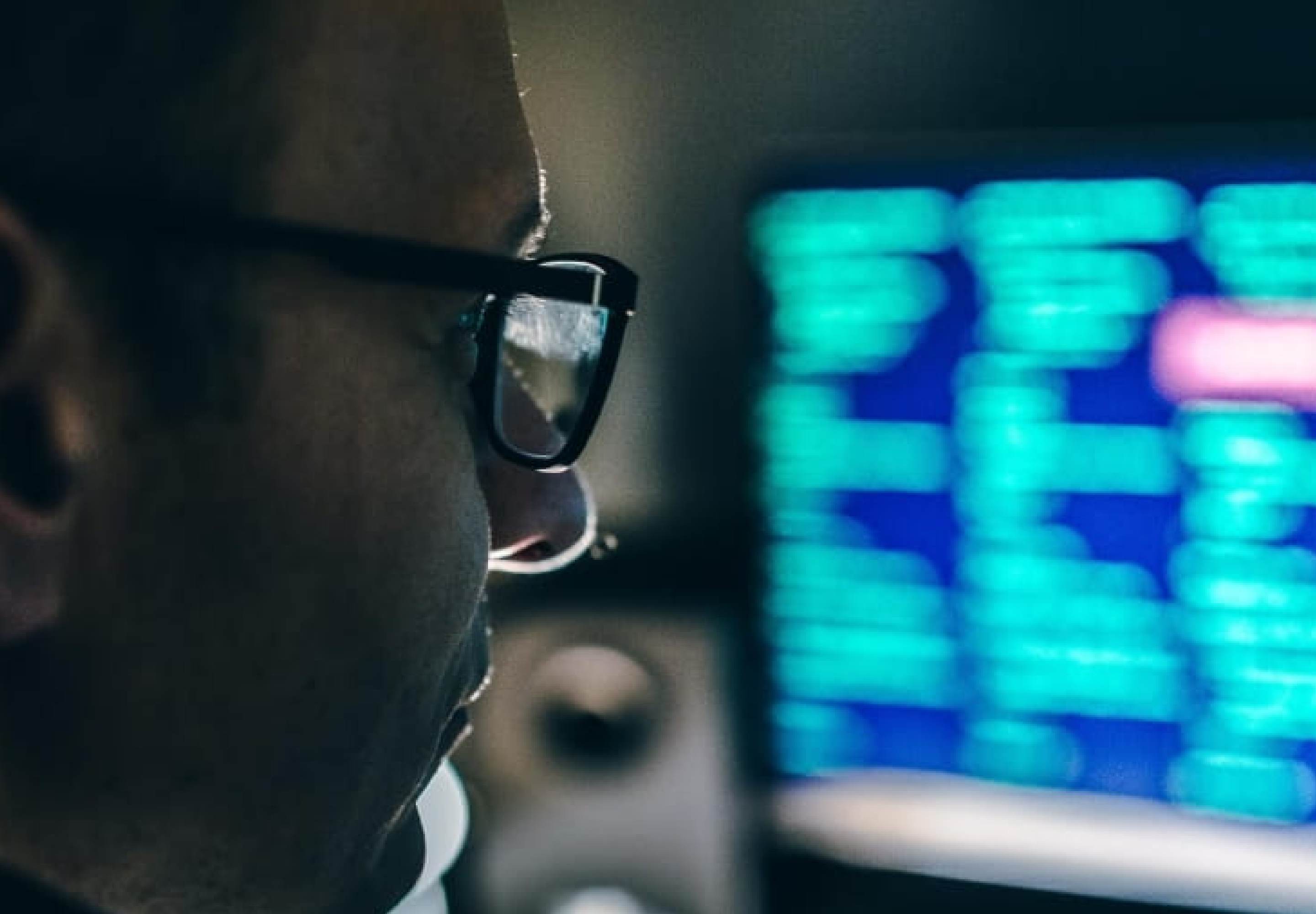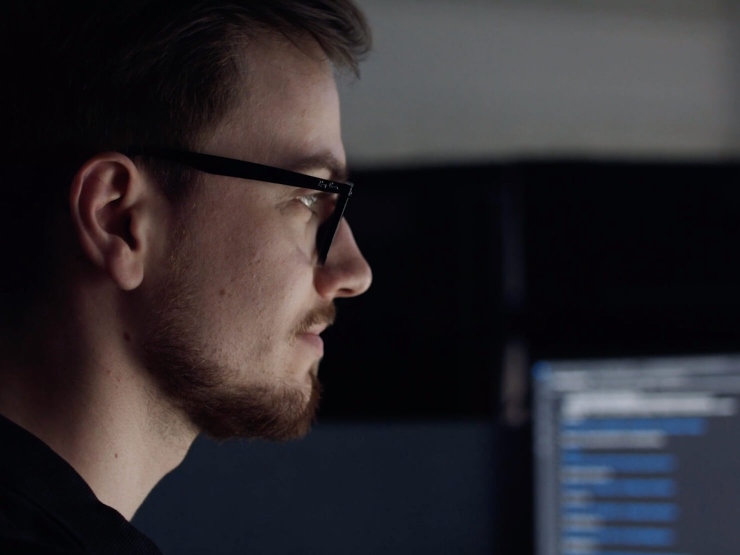-
Featured services
2026 Global AI Report: A Playbook for AI Leaders
Why AI strategy is your business strategy: The acceleration toward an AI-native state. Explore executive insights from AI leaders.
Access the playbook -
Services
View all services and productsLeverage our capabilities to accelerate your business transformation.
-
Services
Enterprise Networking
-
Services
Cloud
-
Services
Consulting
-
-
Services
Data and Analytics
-
Services
Infrastructure Solutions
-
Services
Global Data Centers
-
Services
CX and Digital Products
-
Services
Application Services
-
-
Services
Digital Workplace
-
Services
Business Process Services
-
Services
Generative AI
-
Services
Cybersecurity
-
Services
Enterprise Application Platforms
![]()
Accelerate outcomes with agentic AI
Optimize workflows and get results with NTT DATA's Smart AI AgentTM Ecosystem
Create your roadmap -
-
-
Insights
Insights
Recent Insights
-
The Future of Networking in 2025 and Beyond
-
Using the cloud to cut costs needs the right approach
When organizations focus on transformation, a move to the cloud can deliver cost savings – but they often need expert advice to help them along their journey
-
Make zero trust security work for your organization
Make zero trust security work for your organization across hybrid work environments.
-
-
![]()
2026 Global AI Report: A Playbook for AI Leaders
Why AI strategy is your business strategy: The acceleration toward an AI-native state. Explore executive insights from AI leaders.
Access the playbook -
-
Discover how we accelerate your business transformation
-
About us
CLIENT STORIES
-
Liantis
Over time, Liantis – an established HR company in Belgium – had built up data islands and isolated solutions as part of their legacy system.
-
Randstad
We ensured that Randstad’s migration to Genesys Cloud CX had no impact on availability, ensuring an exceptional user experience for clients and talent.
-
-
CLIENT STORIES
-
Liantis
Over time, Liantis – an established HR company in Belgium – had built up data islands and isolated solutions as part of their legacy system.
-
Randstad
We ensured that Randstad’s migration to Genesys Cloud CX had no impact on availability, ensuring an exceptional user experience for clients and talent.
-
![]()
2026 Global AI Report: A Playbook for AI Leaders
Why AI strategy is your business strategy: The acceleration toward an AI-native state. Explore executive insights from AI leaders.
Access the playbook -
- Careers
Topics in this article
Firstly, COVID-19 has driven many organizations into implementing a remote work environment allowing employees, customers and suppliers to massively connect to the organization IT infrastructure from off-premises locations using uncontrolled equipment such as home routers, mobile devices and public networks. Some organizations were even driven into a ‘Bring Your Own Device’ (BYOD) methodology in the effort to cope with employees that are now connecting from their homes.
To support remote working, many organizations are moving to the cloud as they found that a cloud environment brings huge organizational and logistical benefits in the forms of flexibility, scalability, rapid deployment, global load management and more.
As a result, the attack surface of businesses has grown exponentially, as have the ways to gain access to an organization’s digital assets in an order of magnitude compared to the ‘old style’ LAN and on-premises servers’ infrastructure.
An additional factor that’s impacting the cybersecurity world is the increasing number of cybercrimes due to the remote nature of these crimes, the rising usage of cryptocurrency and the easy access to sophisticated hacking platforms such as ‘malware-as-a-service’ that are now as easy to get as accessing this article.
To cope with the growing business risk, organizations have been looking to increase the amount of security personnel and their level of expertise of these personnel require to cope with the increasing numbers and complexity of the cyber threats across a wider attack surface. As demand has increased, a skills shortage has emerged. This has led to a sharp rise in expected salary and job shifting has become more common and frequent for cybersecurity experts. Even junior candidates are hired, sometimes with a near-zero experience, to support the growing need for SOC personal, security operations and security analysts as the shortage increases.
The new normal continues to place a strain on already limited security resources.
One of the ways to address the skills shortage in the cybersecurity department is to introduce automation. It’s not an easy task and requires expertise. The good news is that teams of experts can be hired for a specific period to help with introduction and implementation or as a managed security service, as opposed to a permanent part of the organization’s headcount and budget.
Automation of some elements of cybersecurity and IT operations can be a good solution for bridging the human resource gap. However, automation on its own still requires high level of adaptation to each organization. It can also be costly and requires continuous maintenance as the organization and threats evolve.
Here comes artificial intelligence (AI) to the help. By implementing AI and machine learning (ML) algorithms, a more self-adapting and independent security solution can be built. AI brings four benefits to the table:
- faster reaction to changes both in the organization’s environment and changes in the type and volume of attacks
- rapid real-time response to threats as less human decision making is needed on the response path
- reduction to the number and impact of human errors
- lower security operational costs as solutions can be reuse across organizations
It’s critical to remember that although it seems that automation and AI could replace cybersecurity or IT personnel, this is not the case. The human factor will always be a crucial part in the cybersecurity frontline as creativity and out-of-the-box thinking remains a major part of the ‘minds game’ against cybercriminals. Humans need to help anticipate and validate activity, findings and actions.
In parallel, cybersecurity and IT personnel must acknowledge the fact that AI-based automation is here to stay and adapt their skills set and expertise to leverage AI, machine learning and automation to support the business’s cyber-resilience against rising cyberattacks, keeping in mind that the same AI and automation technologies are available to the attackers’ side as well.
It can be a huge investment to build your own AI, machine learning and automation capabilities. At NTT, we’ve already made a significant investment in this space, so you don’t have to. Our managed security services leverage human expertise, AI-based automation, for faster detection of more complex and hard-to-find threats reducing your cost of security operations and risk to your business.
Moshe Karako (https://www.linkedin.com/in/karako/) serves as the Chief Technology Officer of NTT Innovation Laboratory Israel, whose mission is to leverage Israel’s cutting-edge technology to support the evolution of NTT and customer businesses and promote innovation and digital transformation.





